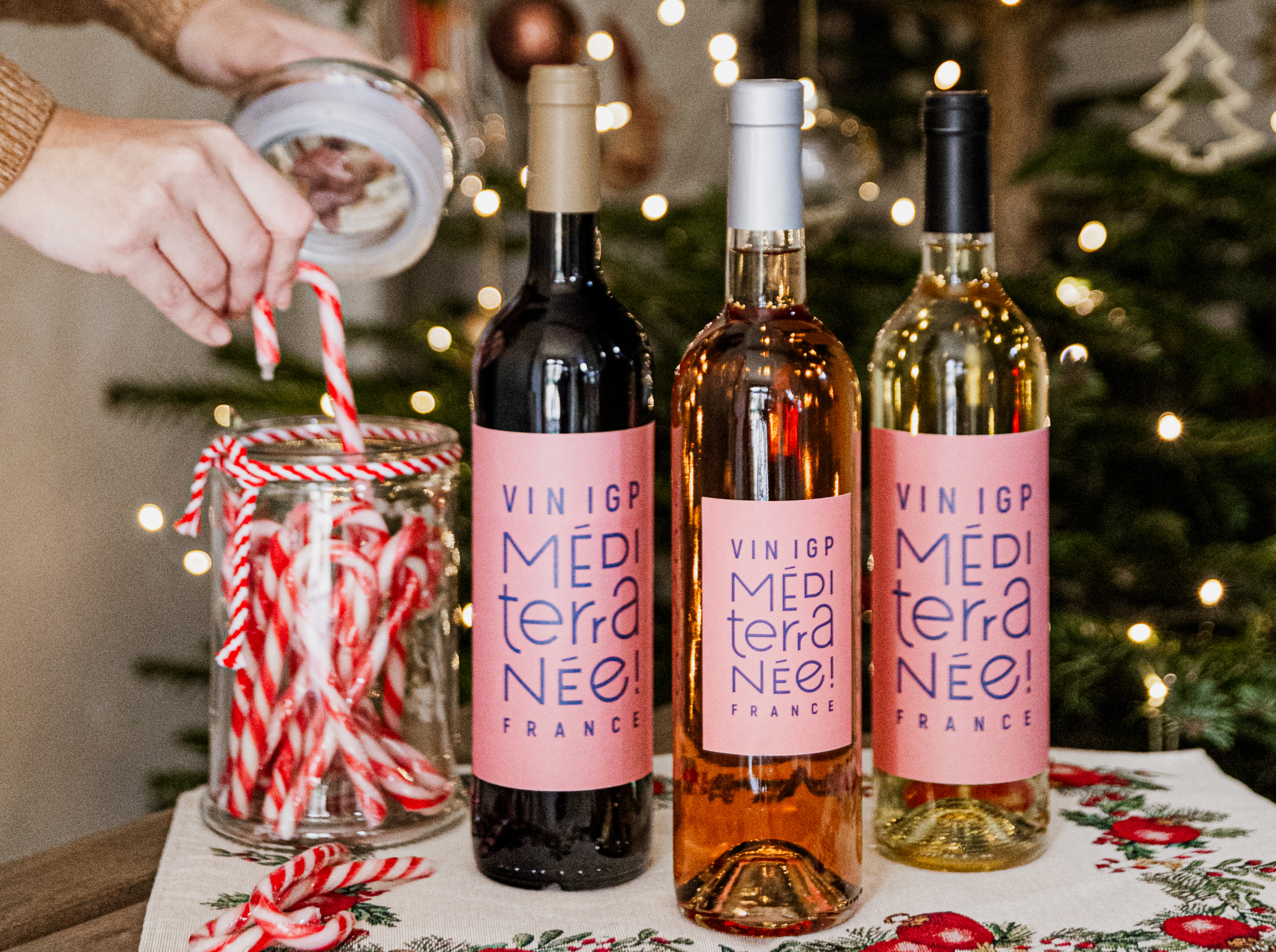Yanqi: China’s unknown organic wine region
With a population of just 120,000 (small by Chinese standards) Yanqi in northwestern China could be dismissed as a forgotten outpost of the bygone Silk Road. But this small town is making a comeback, thanks to the organic ambitions of its winemakers.
Located on the southern side of Nanjiang Basin, south of Urumqi – the capital of Xinjiang – the region measures 2,570 square kilometres and is particularly suited to organic winemaking, Chen Lizhong, owner of Tiansai Vineyards – one of the region’s leading producers – told dbHK.
Winemaking began in Yanqi in 1999, with the region largely devoid of agricultural activity prior to this, meaning that it has not come up against any significant pest invasions. This, together with its ample sunshine and dry conditions, which further prevent the spread of disease, makes it “a unique and natural organic farm land,” said Chen.
Established in 2010, Tiansai was among the first wineries in the Yanqi to go organic and has won international and domestic awards for its wines.
Speaking of the 2016 vintage, Chen said production had dropped compared to the previous year due to a tornado that hit the region during the harvest period, but added that its Cabernet Sauvignon, Marselan and Chardonnay was promising. Tiansai’s total wine production in 2016 was around 700 tonnes.
Partner Content
However Chen is not the only one advocating organic farming methods in Yanqi. Last year the small town was hailed as a model for organic farming nationwide by the Ministry of Agriculture after 30,000 mu (2,000 hectares) of its vineyards were certified organic by the ministry.
Leading wineries in the region, including Tiansai, Xuanyan, Xiangdu, Zhong Fei, Han Hai and Yuan Sen, have already been certified organic by the ministry, while Xuanyan recently became the first in the region to be certified organic by the EU.





Why is it so common that when you report on these interesting wines, you don’t actually tell us where to obtain them???
Where can I (reliably) obtain them in China?